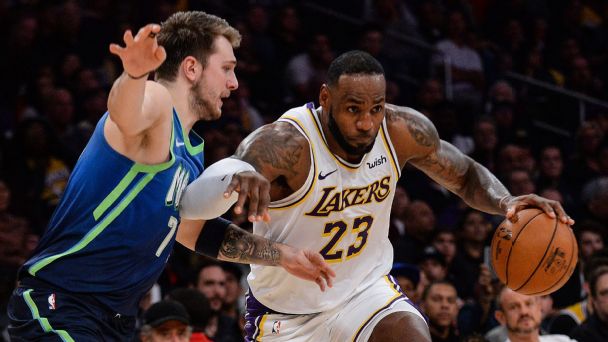Larry Scott’s 11-year tenure as Pac-12 commissioner ends in June, the conference announced Wednesday night.
A statement from the conference said Scott would be out until the 30th. June to stay on the job and help with the transition.
His current contract would expire in June 2022.
We appreciate Larry’s pioneering efforts to expand the conference, add new competitive academic programs and accelerate Pac-12’s parity with other conferences, said University of Oregon President Michael Schill, chair of the Pac-12 Board of Trustees. At one point, our television contract became the most profitable in the country, and the launch of the Pac-12 network helped to increase awareness of our champion brand in the U.S. and global markets, across both traditional and digital platforms.

However, the market for varsity athletics is not static and it is time to hire a new leader to help us develop our strategy for the future.
The Executive Committee, which includes Washington State President Kirk Schultz, Washington State President Ana Marie Kuss and Schill, will lead the search for his successor.
I have been involved in professional sports for 20 years, now I have been involved in varsity athletics for over 10 years, and it is a good time in my life to look for other exciting opportunities, Scott said in a statement. At this point, with university athletics moving in a new direction and the conference about to begin the next round of media discussions, it seems time for a change.
It is important that the conference designate a person to negotiate and implement this next agreement. Based on recent and reliable evaluations and the interest of the traditional and non-traditional media, I am convinced that the conference has every chance of success. I appreciate the support of the Pac-12 member agencies and the very talented staff I have had the opportunity to work with.
At a meeting with PAC-12 CEOs last week, Mr. Scott said the PAC-12 presidents and chancellors expressed their belief that a change in direction would make sense.
And I had the chance to let them know at the same time that I thought it was time to leave for personal and professional reasons, Scott told ESPN. And so the conversation became pretty quick and easy. It didn’t take long, a few days, to figure it out.
Scott, 56, was hired as commissioner of the former Pac-10 in July 2009 after serving as president and chief executive of the Women’s Tennis Association. During his tenure in 2011, Utah and Colorado were added to the conference and a championship football game was added. These additions resulted in a 12-year, $3 billion media rights deal with Fox and ESPN that became the standard in college sports at the time. In the new agreement, the PAC-12 also agreed for the first time to equalize revenue sharing.
But its timing will largely determine the launch of the Pac-12 network in 2012.
Scott hoped that with full ownership of the network, the conference would ultimately allow schools to benefit more from the changing media landscape by being less dependent on traditional television stations. He never came out. While PAC-12 revenue has grown steadily in recent years – the conference distributed more than $32 million per school after the 2018-19 school year – it lags behind the Big Ten ($55 million per school) and the Securities and Exchange Commission ($45 million per school), which are partners with Fox and ESPN, respectively.
Scott has also been criticized for moving the Pac-12 offices from Walnut Creek, California to San Francisco, resulting in higher operating costs. He was the highest paid conference commissioner in 2019-20, with $5.4 million, according to USA Today. Between 2009 and 2019, Scott earned $36,057,637, according to his tax returns, and assuming he is paid for the remainder of his contract, he would earn about $50 million as a PAC-12 commissioner.
The combination of Pac-12’s generous spending and huge contract were two major factors that made Scott a lightning rod for critics, especially in recent years.
Under Scott’s leadership, the conference remained a strong force in several sports, but its success in men’s soccer and basketball was limited. None of the Pac-12 teams have won national titles in any sport, and only one – Oregon in 2017 – has reached the men’s final four.
Last year, with COVID, I took a step back from my wife and thought about whether or not I wanted to keep doing it, Scott told ESPN. I think this has been a time of introspection for many, and I’ve realized that I’m in the prime of my life and I don’t necessarily like it as much as I used to – and I want to be passionate about what I do and be part of the transformation and growth of the organization as I was when I first came here. That’s what I’m looking for.
Information from the Associated Press was used in this report.





